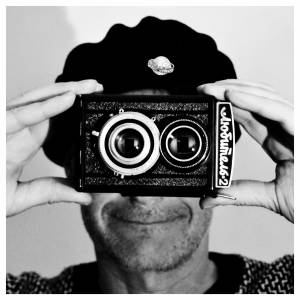Camera obscurer
In the years that she spent reporting on a series of increasingly bloody conflicts, people would always ask her how she coped with the danger. She knew that her male colleagues were asked this less frequently. As if a mortar shell or the bullet from an AK-47 treated men and women differently...
She usually gave a reply that was a variant on the theme of "just getting on with things". But the real answer was that, once she was behind a camera, she felt, not just invisible, but invulnerable.
And so, when she was diagnosed, her response was to photograph the entire experience. The doctors and the nurses and the hospitals. And the effects on her own body.

Comments
Sign in or get an account to comment.


